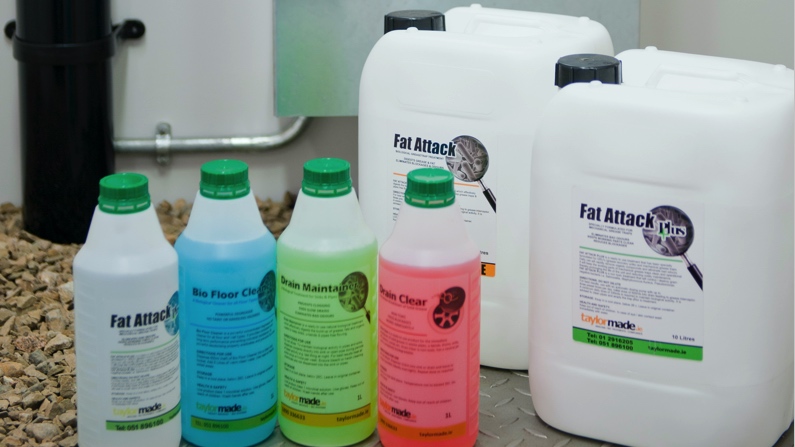4. Dry Wipe Dishware, Pans and Pots Prior to Cleaning Them
By doing this, you will be able to reduce the FOG entering your kitchen’s grease trap. This means fewer plumbing problems and infrequent grease trap cleaning.
5. Use In-Sink Strainers
An in-sink strainer keeps a drain from unwanted waste and aids to prevent the drain from getting clogged. It helps keep the drain flowing freely. In-sink strainers are also easy to install and empty.
6. Discard Food Waste with Other Solid Waste
This helps reduce the amount of effluent going down the sewer. Whether its food waste caught in a strainer or paper towels soaked in grease, don’t send it down the drain. You can easily dispose of food waste with other solid waste. You could also dispose of food waste by recycling them.
7. Pour Grease in Designated Places
Following on from number 6, pouring grease in areas such as toilets or sinks could land you in legal hot water. Such areas are not designed to handle FOG.
8. Clean the Exhaust Filters in Your Kitchen Regularly
If FOG accumulates on the exhaust filters of your kitchen, the likelihood that it will end up on your building’s exterior is high. Grease accumulation on kitchen exhaust filters represents a major fire risk. It can also be washed by rain into the storm sewers.
9. Cover the Outdoor Containers Holding FOG
Make sure you cover these containers if you are storing used cooking oil outside. This helps prevent the used cooking oil from entering storm drains when it rains.
Also, store the oil containers or grease traps away from the wastewater system. This way, little or no grease will escape into the storm drain catch basins if there is a leak or an overflow.
10. Regularly Clean Your Kitchen Floors
Your employees may be at risk of slipping if grease accumulates on your floors. Prevent accidents by ensuring the floors are cleaned daily. You can find various grease removing products at your local store. Clean floors will help you avoid potentially costly accidents.
11. Include FOG Kitchen Cleaning Rules in Your Staff Training
Want to make a difference in your kitchen? If so, you need to train your kitchen staff on best management practices for FOG. Better still, make it a standard part of training for all employees working in the kitchen. By training your employees on such best practices, you will be able to reduce problems in your kitchen.
By following these top tips you should notice a difference to the FOG levels in your premises. However, all commercial kitchens are required to have a correctly sized grease trap. Local councils and food authorities are making regular visits and inspections to premises. To avoid fines and seek advice on which grease trap is right for you, contact Taylormade.ie for more information.

